Conservative rabbis give their take on the question:
Is it okay for Jews to not believe in God?
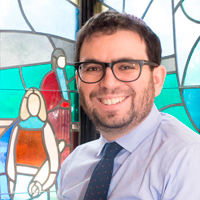 Rabbi Eric Woodward, Tiferet Bet Israel in Blue Bell, Pennsylvania:
Rabbi Eric Woodward, Tiferet Bet Israel in Blue Bell, Pennsylvania:
“That’s not an easy question! First, what does ‘okay’ mean? Does it mean, ‘Are you still Jewish if you do not believe in God?’ Or does it mean, ‘Is belief in God a mitzvah and disbelief a sin?’ Second, what does it mean to ‘believe in’ something? What is belief? Does it mean asserting that something is true? Or does it mean something like the phrase, ‘I believe in you.’ Third, what do we mean by ‘God’? Do we mean God as depicted in the Torah? Or in theology? Or in Kabbalah? Do we mean God as we imagine in a naive way, or God in a complicated way?
I ask these questions not to be an annoying philosopher, but to preface what I think, with all of the reservations derived from the questions above: It is hard to believe in ourselves. It is hard, these days, to believe in our society, in our world, in the power of hope or love or knowledge. To me, ‘belief in God’ means something like ‘belief in the possibility that God wants the world to be better and we have a role in that.’
I think this view is the essence of Judaism—this is what the exodus from Egypt is about. Can you be Jewish without subscribing to this? Yes, but I’m not sure Judaism has any meaning without this concept. Is such a way of life ‘okay’? Sure. But Judaism wants us to be more than okay. And to me, God is some Being that is greater than I am, that preceded me into the world and that still cares about me and the world around me. And that described the world as ‘very good,’ not simply ‘okay’.
Judaism wants us to live for something. (And to die for something.) Judaism has content. This content has shifted over time, and it shifts with our own psyches and concerns. But our great tasks as humans are to live in accord with the holy content—Torah—of Judaism, and to build a world that reflects it. And to come out believing in ourselves, in our world and in God.”
 Rabbi Hector Epelbaum, Temple Beth Israel in Sunrise, Florida
Rabbi Hector Epelbaum, Temple Beth Israel in Sunrise, Florida
“A real challenging question. When you teach a child to walk, at first you stand very close. The child can only take one step and then you must catch him. But as he grows, you move farther and farther away so that he/she can walk to you. And the final result will be a huge hug, a smile and doing it again. Like a good parent, God moves farther away, which gives us the opportunity to not believe in God. But God is still close by, waiting. What we need to do is to learn or learn again how to walk to God.
Can we be human without God? Can we be Jews without God? Just imagine ourselves not enjoying a Passover Seder, not trembling during Yom Kippur, not rejoicing as we dance with the Torot on Simchat Torah? Can we reject history and traditions? Can we walk through life without God’s inspiration?
The first question asked in the Torah is: ‘Ayekah’ where are you? God’s question to Adam in the Garden is not about geography, but rather spiritual, emotional, psychological understanding. Where are you in this moment? And we can reverse the questions, asking God ‘Ayekah’ where are you, more as an expression of our needs than the curiosity to determine God’s physical location.
God speaks in many voices. Not only did the Holy One speak in thunder and lightning on a mountaintop; sometimes God speaks to us in the ordinary voice of human beings, in the wisdom we learn from others. And many times, God speaks to us through our parents, through our traditions, through the prayer book and through our leaders. ‘Our goal should be to live life in radical amazement,’ Heschel said. ‘Get up in the morning and look at the world in a way that takes nothing for granted. Everything is phenomenal; everything is incredible; never treat life casually. To be spiritual is to be amazed. God loves and wants to be loved.’
A child was drawing a picture with intense concentration. His mother asked him what he was doing. ‘I’m drawing a picture of God,’ he said. ‘But no one knows what God looks like,’ his mother said. The child looked up proudly. ‘Well, they will when I’m finished.’ Lets start drawing.”
 Rabbi David Wise, Hollis Hills Bayside Jewish Center in Hollis Hills, New York
Rabbi David Wise, Hollis Hills Bayside Jewish Center in Hollis Hills, New York
“We ordinarily pose questions in this format when it comes to matters of practical behavior such as, ‘Is it ok to eat a BLT?’ or ‘Is it ok to own stock in a company that sells BLTs?’ I’m picking on the BLT because it’s a symbol for questions of ritual and ethical behaviors, which are moderated by halakhah, a system of Jewish law that grapples with behavioral norms. Matters of faith, on the other hand, are not so easily subjected to behavioral norms.
It’s not that no one tried. Most famously, the Rambam did this in establishing 13 principles of faith. ‘Ani ma-amin be-emunah shelemah—I believe with perfect faith’ was his formulation. We might recognize these doctrines poetically, in the form of Yigdal. But the Rambam’s effort was not accepted by most Jewish codifiers and thinkers. After all, who really has ‘perfect faith’ in much of anything? What’s more, one can live an ethical life motivated by something other than faith—perhaps by a commitment to a social contract with a tribe, be it a religious, national or some other kind of group.
The way I choose to frame the question is as follows: Does a relationship with God frame my life with meaning? On the flip side, would the absence of a relationship with God leave me impoverished? The short answer for me, and I think for serious Jews, is ‘yes.’ Am I certain that there’s a God? No. Does my belief in ‘Something Greater Than I’ (that we call ‘God’) imbue my life with structure, discipline, humility and purpose? Absolutely. My commitment to Judaism’s ritual and ethical norms is a constant reminder of the possibilities of a world that includes God. And in liminal moments—those moments of transition in life, from birth to death and everything in between, Judaism has us say a berakhah, invoking God’s name for the purpose of highlighting the power of that relationship. The more often we consider that relationship with God, the more ‘ok’ we will be as Jews, and as human beings.
Like this article? Sign up to receive Journeys in your inbox each month »
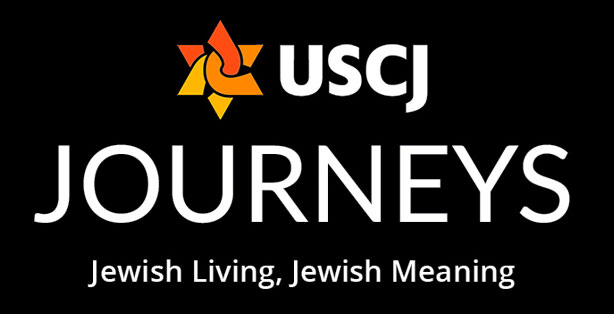
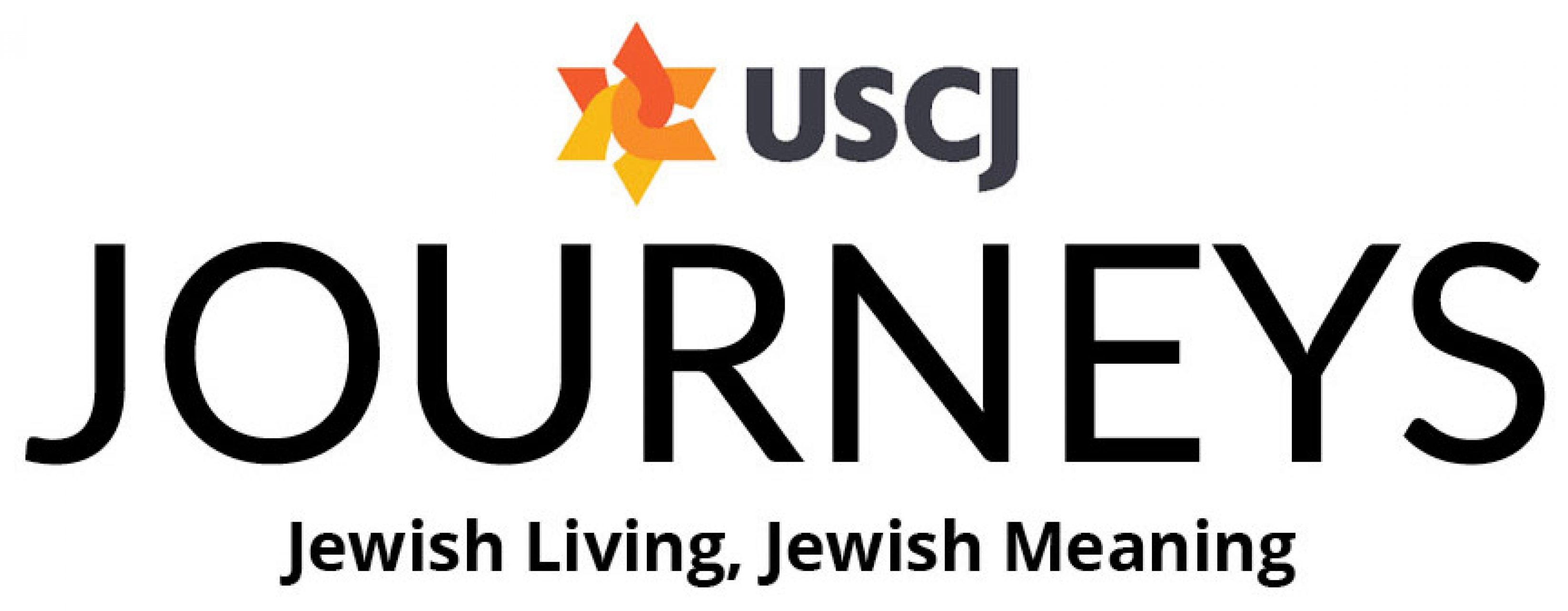


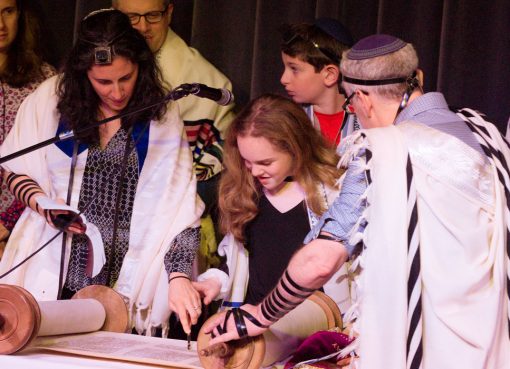

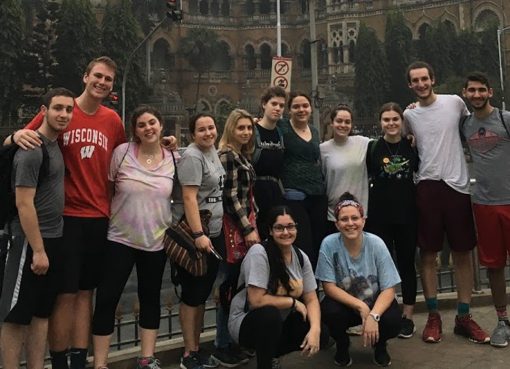

I commend the following to those interested in this subject: John Morrissey – “Final Version” – a short story, Isaac Asimov – “The Last Question” – a short story, Richard Eliot Friedman – “The Disappearance of God” – a book, particularly the last few chapters.
I appreciate all three of these short d’varim. I think the third one will resonate the best with my 16-yr-old who has a self-imposed struggle with these questions. That’s because I think it makes the fewest assumptions about what an adolescent already believes.
What a tease! With a title asking if it’s okay for Jews not to believe in God, I expected the answer to be yes — at least in some regard. But instead, 3 Conservative Jewish Rabbis weighed in and, expectantly, prescribed a belief in God, albeit in different ways. However, my sense is that many members of Conservative synagogues may not believe in God and yet they consider themselves active and engaged Jews. Shouldn’t we be encouraging people to engage with Judaism through a variety of entry points? Why pose a belief in God as a barrier to being Jewish? I personally have been involved in my Conservative synagogue and my Jewish community my whole life and yet I cannot find it within myself to believe in God. But that doesn’t make me feel any less Jewish than those who have such faith.
Of course one can be a Jew and not believe in God and a person will remain a Jew and can be affiliated with any Jewish denomination. What is in one’s heart and soul is very personal and is not a question one asks when becoming a member. The writer above thinks the rabbis should have said it’s “ok” not to believe in God because saying that you should could be a barrier for those that are Jewish and may feel unwelcome if they don’t believe in God. That makes no sense . You can do good deeds and be involved and participate in the Jewish community and not believe in God. We don’t take a survey when one wants to join a Jewish community. To say it’s a barrier by not saying it’s ok to not believe in God is incorrect. Faith (emunah) has a role in Judaism and in all religions and to remove it to create easy access or “entry points” as the writer above stated is not true to Judaism and the revelation at Sinai. You can’t take God out of Judaism and be true to Judaism. After all, our core belief- the Shema- Hear O Israel the Lord our God the Lord is One. We can’t delete God to allow “various entry points” to those that don’t believe.
I was raised by 2 conservative Jews…both hidden children of the holocaust who did not believe in G/d. I respect them for making these choices after all they went through and all the losses. They raised us with a Jewish education and let us each make our choices. In the end, we did not choose to have xmas trees in our homes, raised our children Jewish and many of these grandchildren of 2 survivors have married Jews, with one exception so far. We are fortunate that Judaism does not punish us for having our own rituals in our own home. We also don’t go out and judge others for their beliefs. However, if you join a conservative synagogue, there are certain expectations of the rituals under that roof, just as there are in other houses of worship within Judaism. We are living in times that are very challenging to Jews and we have to support each other, regardless of belief in G/d. When the synagogue does not provide the leadership we need in these times of increasing anti Semitism, they will have failed us all, and it will have nothing to do with G/d
The question is ill-posed. I don’t believe in god because my parents never suggested to me that there was one, and I never had a moment in life that caused me to think otherwise. Whether or not it’s “okay not to believe in God,” I can’t imagine anything that I could actively do that would cause me to believe in God. I have no problem with people who believe in God; indeed, I appreciate that many if not most of the people doing tikkun olam are doing so because they believe it is in service to God. In any case, being a nonbeliever in no way stops me from appreciating Judaism and all of its tradition and values, understanding that Judaism provides a path to be a good person, doing what I can to follow that path including being active in my community and being a part of something that has lasted 2500 years against all odds, and raising my children to continue that tradition.